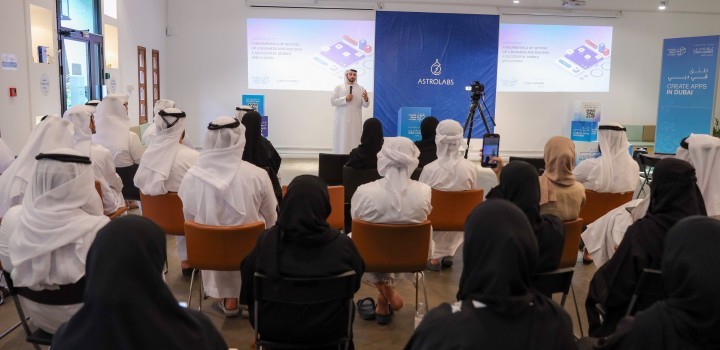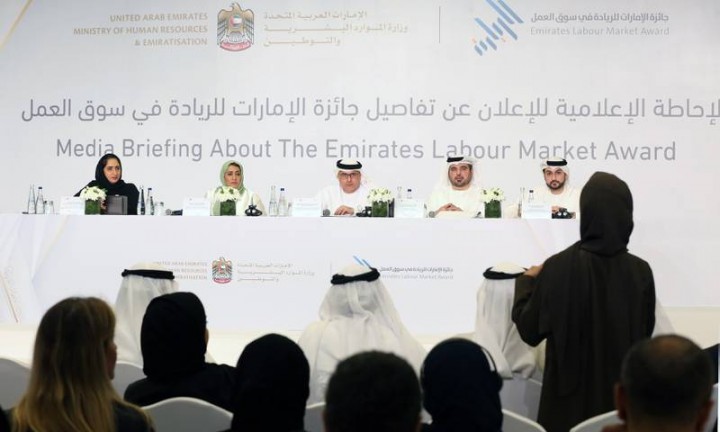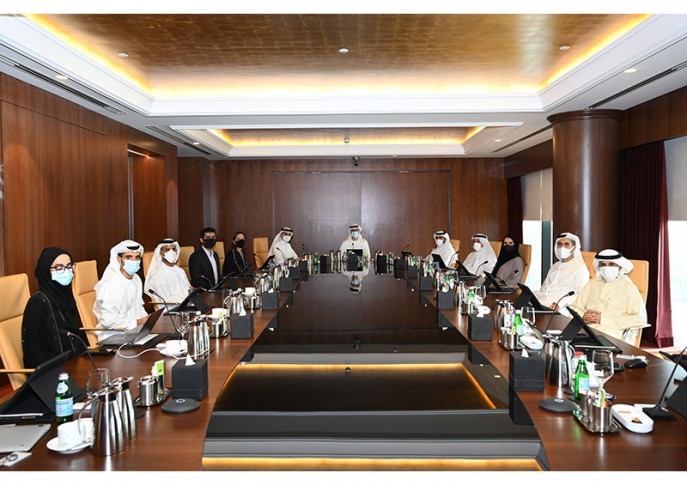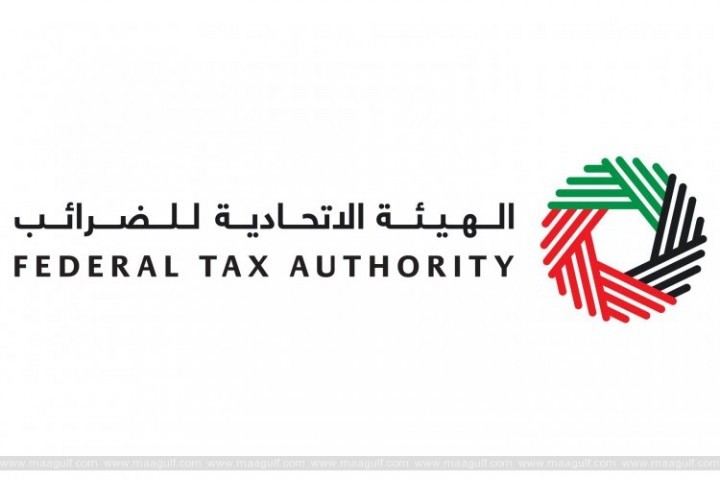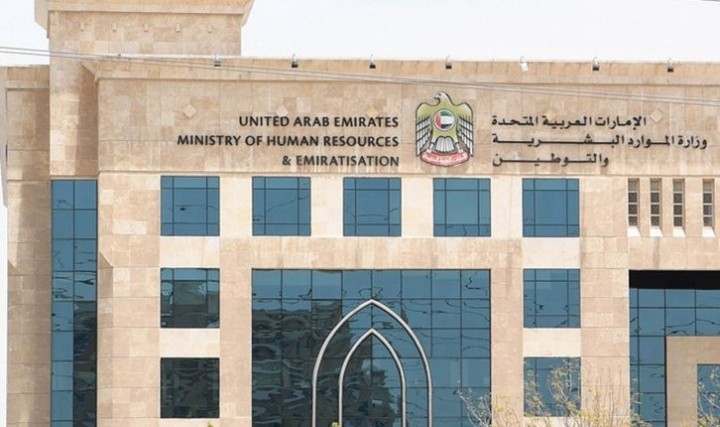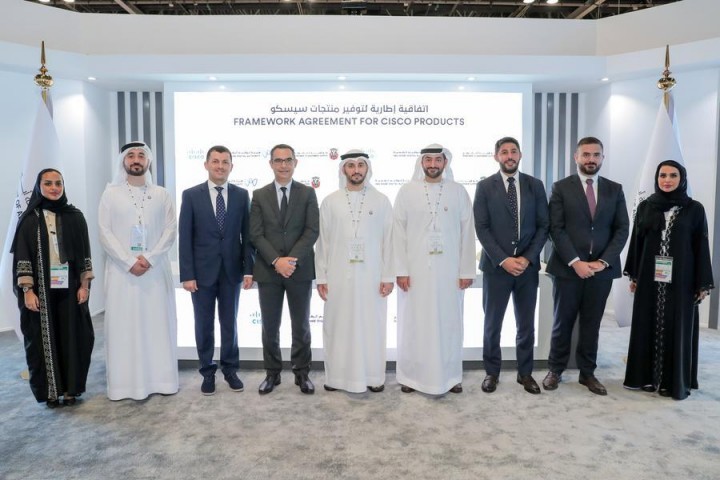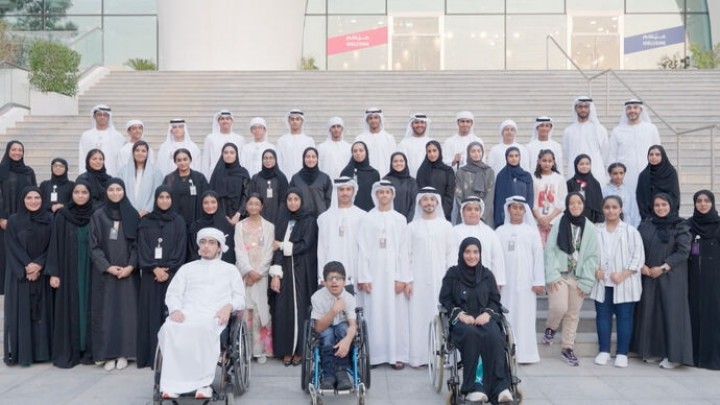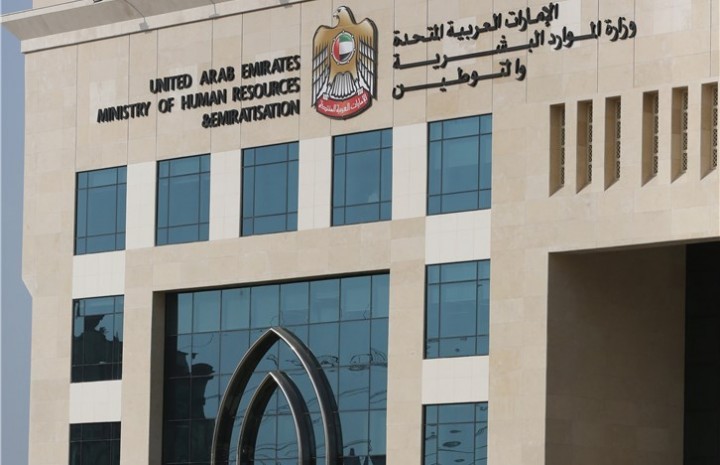
Get to know the new Labour Law for UAE's Private Sector
A new decree amending the Federal Law of Labour has been issued by the President of the United Arab Emirates Sheikh Khalifa bin Zayed Al Nahyan recently. With this announcement the existing Labour law ie. Federal Law Number 8 of 1980 will be void and the amended rule, Federal Law Number 33 of 2021 will be taking its place soon. The new law overhauls many of the traditional and inconvenient practices continued to be in place for many decades. The new law will be in force from 2nd February 2022.
The amended law focuses on the well-being of the private sector employees; benefiting them in many ways. The law consolidates many much-awaited policies including, flexible working time, protection against work-place harassment, maternity and paternity leaves, equal pay, hiring teenagers etc.
The new law will be applicable to all existing and future employment in the private sector across all the seven emirates and its free zones. However, the new rule will not be applicable to Dubai International Financial Centre (DIFC) and Abu Dhabi Global Market (ADGM) as both the institutions are working on their own exclusive labor law.
The Implementing Regulations are still not issued by the Ministry of Human Resource and Emiratization (MHRE) regarding the execution; upon which only the employers would get a detailed clarification on the provisions of the new rule and could setup a plan for executing the same.
The new law will be having a significant impact on the current private employment sector, safeguarding the rights of employees. The new rule assures flexible and continuous employer- employee relationship in the coming years.
Let’s take a look at what comprise UAE’s new Labour Law; The Federal Law Number 33 of 2021.
Flexible work Pattern
The outbreak of Covid-19 pandemic has changed the entire world’s work culture, making virtual office a reality and success to an extent through flexible work patterns. Adopting this, the new labour law has incorporated flexible work pattern as a key point in its new version. By the inception of the new law; employers can offer employment as:
- full-time: dedicated work with single employer for all the working hours on all working days.
- part-time: working for one or more employers for a specified working hours or working days.
- temporary employment: working for some specific time until it finished or task-based work
- flexible working: Work hours or working days may change according to the workflow or business needs of the employer. Freelance workers can also be included in this category
- or even any other forms of employment provided if included in the executive regulations to be issued.
The detailed instructions on how employers could set up these work pattern as well as the framework for the respective contracts will be communicated through the Implementing Regulations from the MHRE.
Employment Contracts
Another major amendment in the new rule is that the fixed term contract for all employees irrespective of nationality. In the current situation as per the old rule; an employee could be signed for an unlimited term contract with the employer. But as per the new rule all the employees could only be engaged for a fixed term contract not exceeding a maximum of 3 years with the employer. And the contract can be renewed further on mutual agreement for any number of times again for a maximum of 3 years; and will be considered as continuous service for calculating the employee’s service gratuity.
The new rule also assigns the employer to bear all recruitment costs and not to collect it from the employee. It also directs the employer not to withhold any documents like passport or certificates of the employee.
Termination of Probation Employee
The new rule has also recognized the necessity to keep a track on the issues being faced by the employees under probation. The probation period will remain capped to 6 months; while the employer could not terminate employee with out any prior notice during his probation period, which was possible under the previous law. The new rule directs the employer should give 14 days prior written notice to the employee under probation before termination.
At the same time; if an employee wants to quit the organization before completing the probation period to join another employer in UAE itself; then at least one-month prior written notice should be given and; the new employer should compensate the previous employer for any costs or loss incumbered. If the employee wants to quit a job during his probation period for leaving to another country; then the employee should serve 14 days’ notice period and bear all the recruitment costs.
If any of the employer or employee terminates the contract with out notice period as mentioned in the new rule; then the terminating party should compensate the other. If the employee leaves UAE without serving notice period or compensating the employer; then that person will be banned to avail work visa in UAE for another one year from the date of departing the country.
Work hours, Overtime and Deductions
As per the new Labour Law the work hours will be 8 hours per day or 48 hours a week. The employee is entitled to one rest day in a week, and it should be a paid off.
The new rule caps the overtime at 144 hours for a period of 3 weeks and the payment will be calculated on the basis of only the basic salary; which was earlier calculated on the basis net salary along with allowances and benefits.
The new rule allows the employer to make deductions from the employee’s salary under certain circumstances; allowing a total of upto 50% of the employee’s salary.
The new rule defines that there is no restriction for hiring teenagers; but they are allowed to work only for 6 hours and that too after submitting the written consent letter from the guardian. They are also not allowed to work on shifts from 7pm to 7 am.
Bereavement, Maternity & Paternity Leaves
The new law has also included bereavement or compassionate leave, which the employee can avail 3 to 5 days leave on the death of spouse, child, siblings or any other family members.
Maternity leave has been rescheduled as 45 days of paid leave and 15 days with half pay. The employee could also avail a further 45 days of leave but with loss of pay if required. Both the parents are eligible for 5 days paternity leave on a child birth besides the maternity leave for the working mother.
Termination of Employment
The employment contract can be terminated in any of the cases like:
- Permanent closure of the employing organization
- Bankruptcy, insolvency or inability of the employer to continue the business
- On expiring the employment contract
- On mutual agreement of both the employer and employee
- The employee not able to renew the work permit which is beyond the control of the employer.
Whichever the reason is; the terminating party should serve a notice period minimum of 30 days and a maximum of 90 days. If the employer is serving the notice period; then the employee is entitled to get one day unpaid off in a week to search a new job.
The employer can terminate an employee with immediate effect with out serving any notice period at some instances as follows:
- The employee has caused material loss to the employer after notifying MHRE about this with in 7 working days of the incident.
- If the employee fails to perform his duties as per the employment agreement; but after issuing 2 warning letters prior to dismissal.
- Misusing the position for employee’s personal benefit
- On disclosure of trade secrets and causing loss to the employer
- If employee joins another employer with out complying the employment contract.
Disciplinary Sanctions
The new law has come up with some disciplinary procedures that has to be conducted by the employer if any of the employee breaches the Federal Law or the Executive Regulations. The procedures include:
- Written notice against non-disciplinary actions
- Written warning
- Upto 5 day’s salary deduction
- Suspension for upto 14 days without pay
- Denying salary increment for one year
- Denial of promotion for upto 2 years
- Termination of employment
The new rule also allows the employer to conduct internal investigation while keeping the employee under suspension.
Non-discrimination & Workplace Harassment
The new rule prohibits all kinds of discrimination based on race, colour, sex, religion, national or ethnic origin or disability. It also enforces equal opportunity and equal pay for all irrespective of the gender. Pregnant women and those on maternity leave maintain the same rights and employers may not discriminate them or threaten to terminate their employment for the reason of being pregnant or on maternity leave.
It also outlawed sexual, verbal, physical or psychological harassment against an employmee by the employer, superiors or colleagues at work. Any such harassment should be considered as serious and disciplinary action should be taken against the respective person.
What’s the next???
The new rule will enter into force by 2nd February 2022. By this time the employers should migrate their existing employment system to the updated version complying the new rule. From employment contracts to the employee policies; the employer should review all the points carefully and create a framework which complies perfectly to the new Federal Law. But for all this, the employers should await the releasing of Implementing Regulations by the MHRE; through which the employers will get proper guidance.
The new rule is expected to bring remarkable changes in the private sector employment in UAE for the coming years.
HRavailable keeps you updated on the important news and events. Subscribe to our our newsletters and get notified about the latest openings. Never miss a chance to get noticed by the HRavailable recruiters and get landed on a right job according to your qualification.

